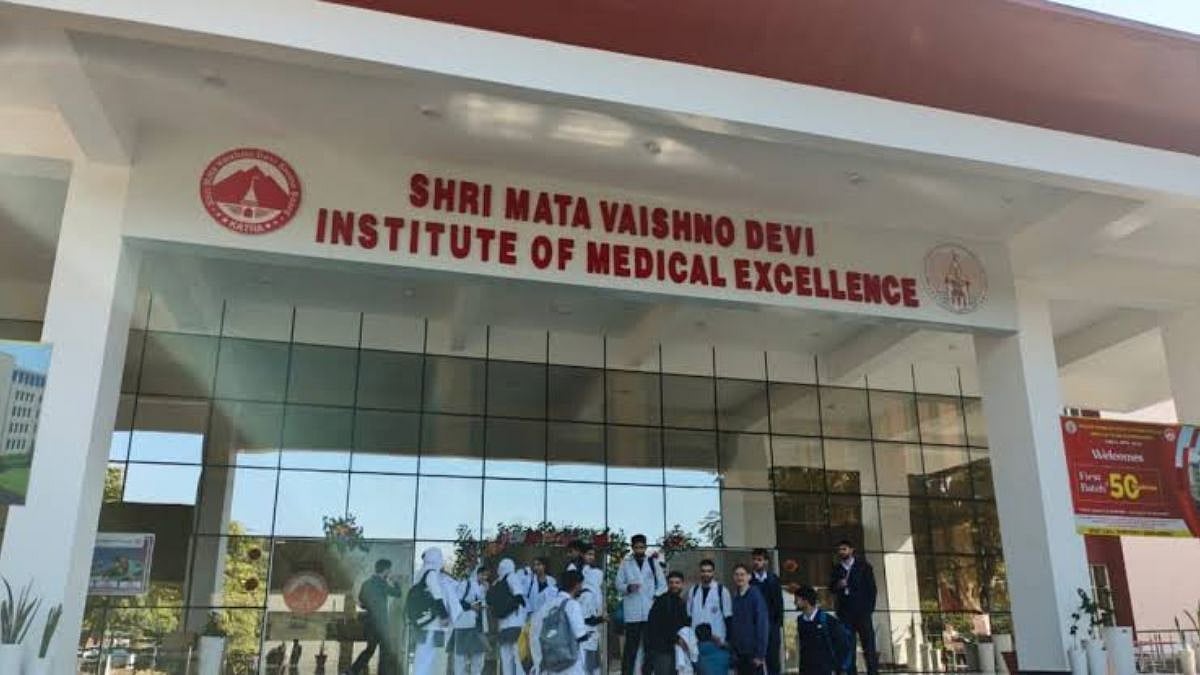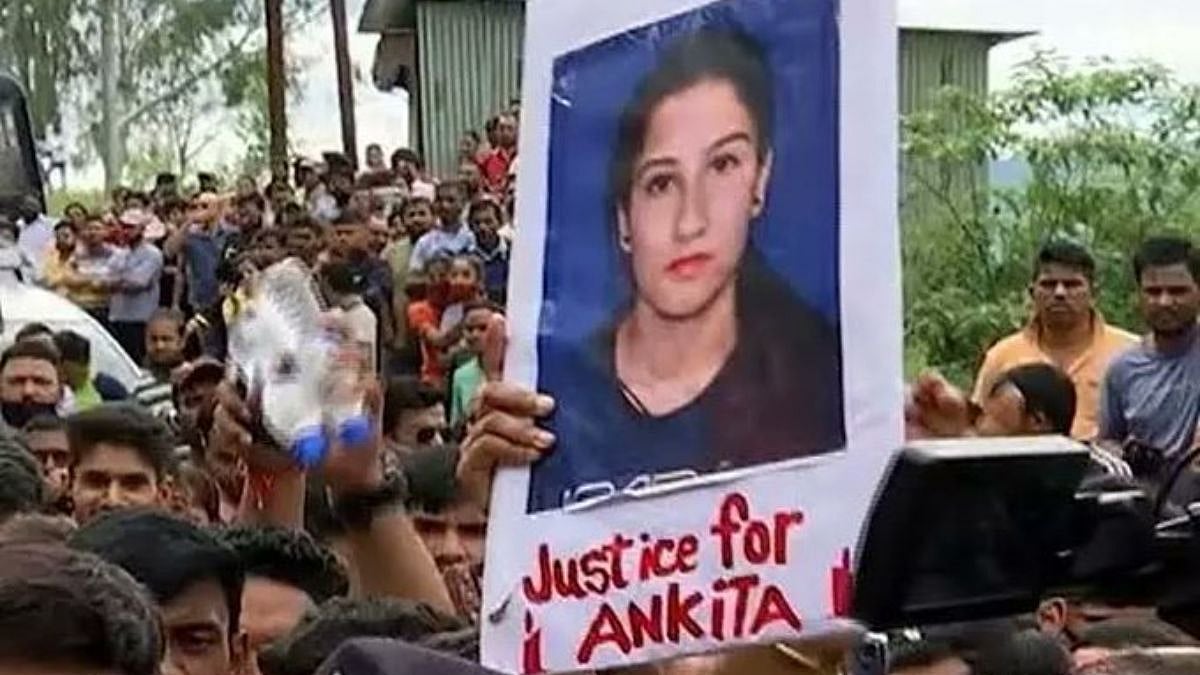In a momentous decision that will undoubtedly shape the course of India's legal landscape, the five-judge Constitution bench of the Supreme Court, under Chief Justice DY Chandrachud, delivered its long-awaited verdict on the contentious issue of same-sex marriage. The recent hearing of this case undoubtedly stands as a momentous occasion in our nation's history. With impassioned arguments and compelling counterpoints emanating from all sides, the proceedings have provided a crucial glimpse into the myriad perspectives that shape our society. In a recent judicial deliberation, the esteemed panel of judges witnessed a divergence of perspectives on the matter of unison between same-sex couples. While the chief justice himself, along with another judge, expressed support for this cause, it is worth noting that the remaining judges presented contrasting viewpoints on the subject matter. In the current juncture, the Supreme Court has chosen to place its trust in the hands of the Parliament when it comes to deliberating upon the matter of legalising marriage for individuals of the same gender.
At this pivotal moment in the cultural annals of India and the global stage, it is imperative that the approach towards matters pertaining to sexuality and gender be approached through a lens that is both pragmatic and forward-thinking, aligning with the thoughts of our modern era. In a landmark ruling, the Supreme Court has delivered a verdict that encapsulates the quintessential essence of the issue at hand. This momentous decision not only upholds the principles of progressivism but also sheds light on crucial aspects pertaining to sexuality and gender. The expeditious analysis of whether this verdict possesses historical significance or not would be a hasty endeavour. The recent display of pragmatism and progressivism by CJI Chandrachud and his colleagues on the Constitution bench of the Supreme Court is truly unprecedented.
In contemplating the matter at hand, it is of utmost importance to grasp the nuanced implications that extend beyond the mere striking down or inclusion of provisions within the Special Marriage Act. Merely relying on the Supreme Court's intervention to legalise the union between two individuals of the same sex fails to adequately address the broader societal imperative of comprehending the needs and rights of the LGBTQIA+ community.
CJI Chandrachud opined that the question of legalising marriage equality should be determined by the legislature and falls beyond the purview of the judiciary to craft new legislation. He further emphasised that it is incumbent upon the state to acknowledge same-sex unions, even if not formalised through marriage, and ensure the provision of legal protections and rights to LGBTQ+ couples. Justice Sanjay Kishan Kaul concurred with this viewpoint. The other three justices on the Bench held divergent opinions and did not align with this particular directive. This division within the judiciary highlights the complexity and sensitivity of the issue at hand, underscoring the ongoing discourse surrounding marriage equality in India. It is essential to recognise that there is room for criticism of the verdict, with some arguing that the Constitution Bench had the potential to take further steps. Nevertheless, delving into this line of argument opens up an entirely different perspective.
Ultimately, this verdict passes the torch squarely into the court of India's central government and its legislative branch. The Supreme Court's bold and unambiguous stance on same-sex relationships has undoubtedly left the country's lawmakers in a challenging predicament. Crafting a progressive law granting marriage rights to same-sex couples is no easy feat, given the prevailing conservative sentiment within both the central and state governments, as well as the broader political establishment in India.
The Supreme Court, with its characteristic sagacity, has aptly directed the central government to establish a high-powered committee tasked with delving into the intricate legal intricacies of same-sex relationships. This move underscores the Court's expectation that the Indian Parliament and legislative bodies should approach this matter with an open mind and an unyielding commitment to progressive values. It's a call to action, urging the country's decision-makers to shed outdated notions and embrace a more inclusive, contemporary vision of equality under the law. The apex court's stance is clear: the notion of homosexuality is not confined to urban sensibilities; it's deeply ingrained within society and warrants acceptance from a pragmatic perspective.
The Congress and other political parties, who have taken a relatively neutral stance on the issue, are in stark contrast to the central government's reluctance to support same-sex marriage legalisation. This paints a revealing portrait of India's political landscape — one that often sidesteps the pressing issues of our time.
Nevertheless, this verdict serves as a compelling catalyst for change. It forces India's politicians, particularly the lawmakers, to recalibrate their perspectives on LGBTQ+ rights. In an era when India aspires to be a global leader, the failure to address this critical issue is a glaring testament to the deficiency of pragmatism in dismantling archaic beliefs and prejudices. The ball is firmly in the court of India's political class to steer the nation towards a future built on inclusivity, equality, and progressive values.
The author, a columnist and research scholar, teaches journalism at St. Xavier's College (autonomous), Kolkata. He tweets at @sayantan_gh. Views are personal











